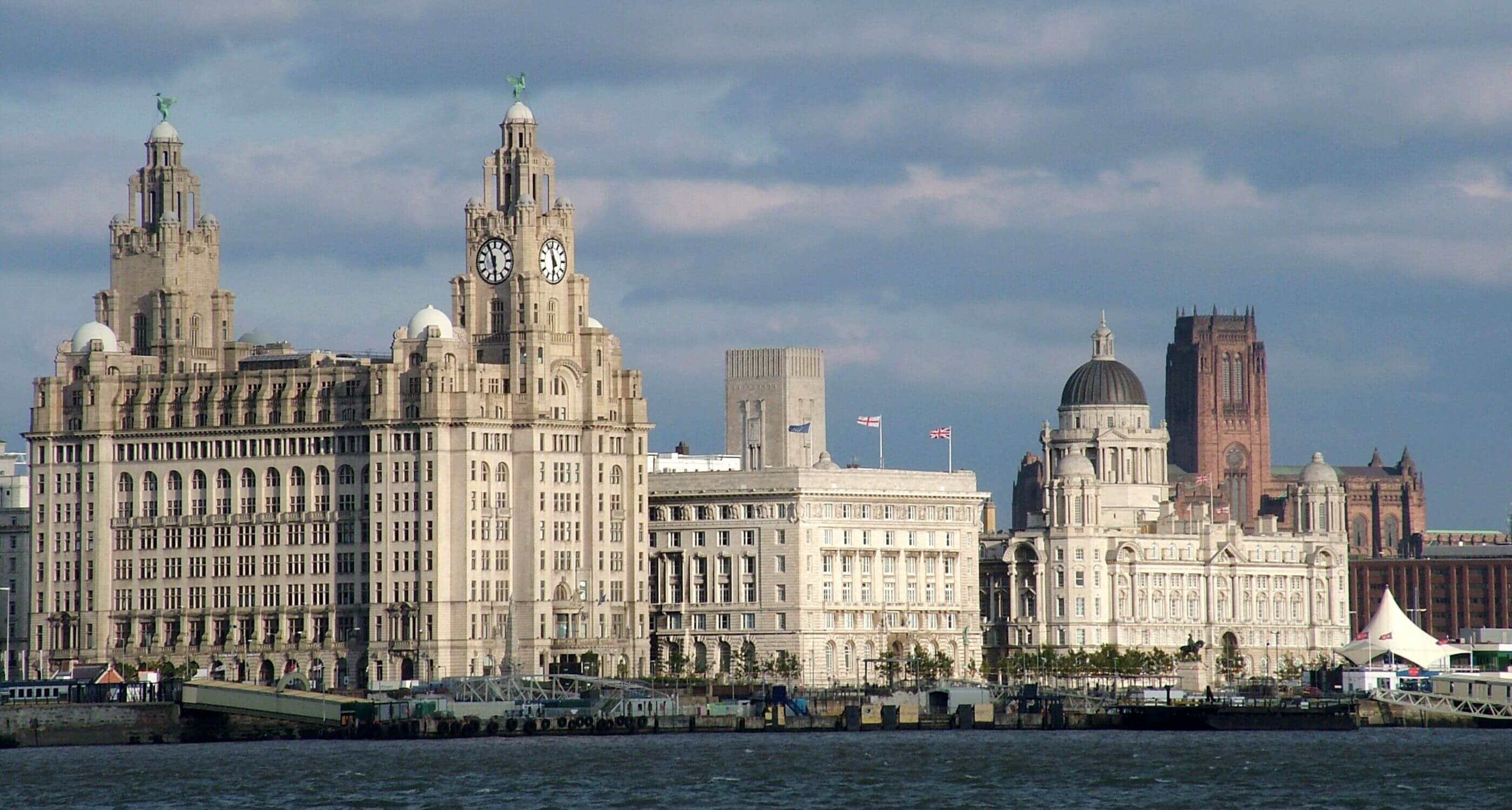One of the least probable words among these six is "prospered." This word implies growth and success, which may not always be guaranteed in a historical context. Liverpool faced challenges and setbacks along the way to becoming a major port city.
Despite facing competition from other ports like London and Bristol, Liverpool managed to establish itself as a key player in maritime trade due to its connections with North America and other parts of the British Empire. The city's growth was fuelled by industries such as cotton and sugar refining, leading to an increase in population and wealth.
Another unlikely word choice is "influenced." While external factors certainly played a role in shaping Liverpool's development as a port city, it is important to recognize the agency of individuals and communities within the city who contributed to its success. Local merchants, shipbuilders, and workers all played crucial roles in driving economic growth and innovation.
By the mid-19th century, Liverpool had become one of the busiest ports in the world, handling goods from around the globe. The city's prosperity attracted immigrants seeking employment opportunities, leading to cultural diversity and social changes within its neighbourhoods.
Despite its rapid expansion during this period, Liverpool also faced challenges such as labor disputes, sanitation issues, and public health concerns. These struggles highlight the complexities of urban development in an era marked by industrialization and globalization.
